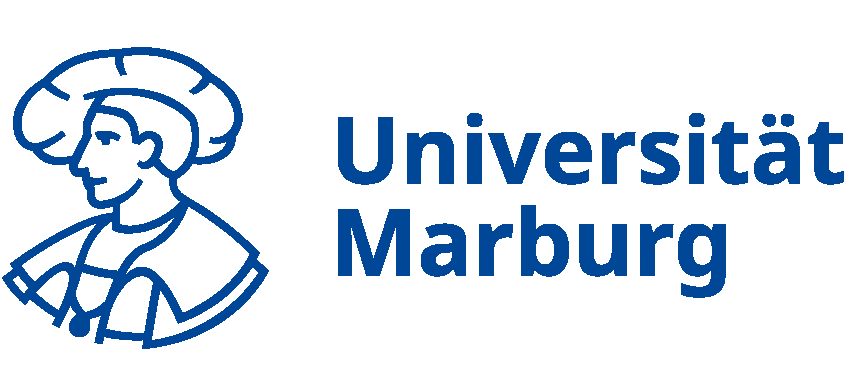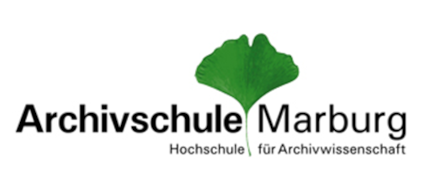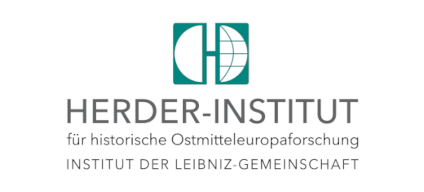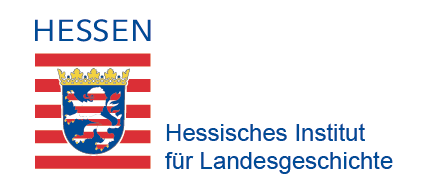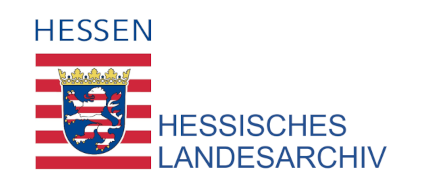Main Content
Software Engineering Tools for Data Science Applications
| Module name | Software Engineering Tools for Data Science Applications |
|---|---|
| Credit Points | 6 LP |
| Requirement | required module |
| Module Level | praxis module |
| Content and learning outcomes |
In this module, the students focus on foundational concepts and tools for developing software for data analysis as well as their practical use. These tools are presented in the form of a lecture and reinforced in a recitation by solving problems. By completing this module, the students are able to analyze and model practical problems from the humanities and social sciences from an information-technological perspective. They can name the different software development tools that are used for data analysis, are familiar with the fundamental concepts and can use them to solve concrete problems. This especially includes developing the following building blocks of software:
|
| Types of classes |
|
| Amount of work involved |
|
| Language | German |
| Prerequisites | basic programming knowledge in Python are expected (taught in the module “Introduction to Computer Science”) |
| Module can be applied as |
|
| Requirements to earn credit |
|
| Assessment | entire module is graded according to § 28 AB |
| Length | one semester |
| Frequency | offered every summer semester |
| Module starts | summer semester |
| Module advisor | Prof. Dr. Christoph Bockish |
